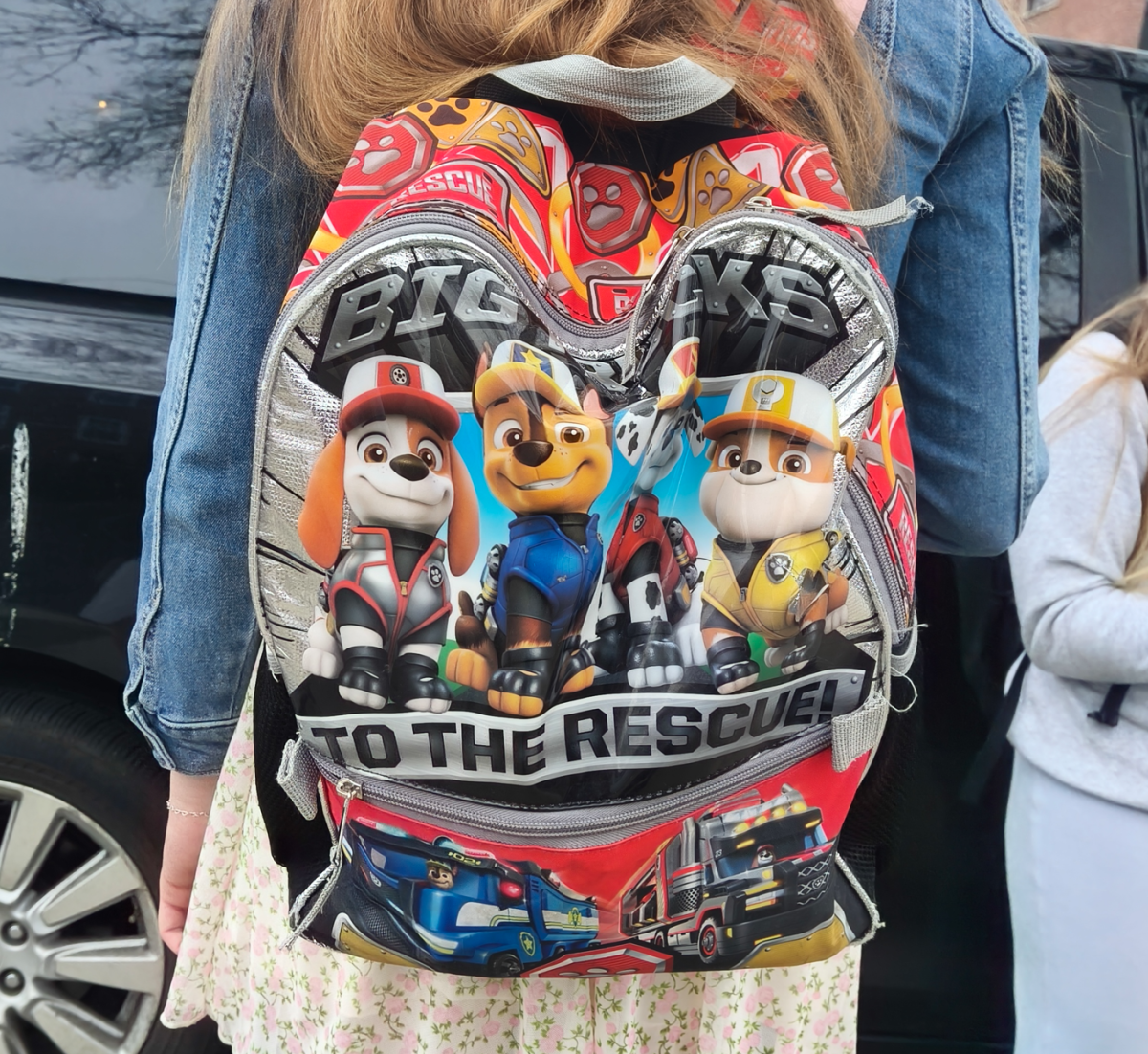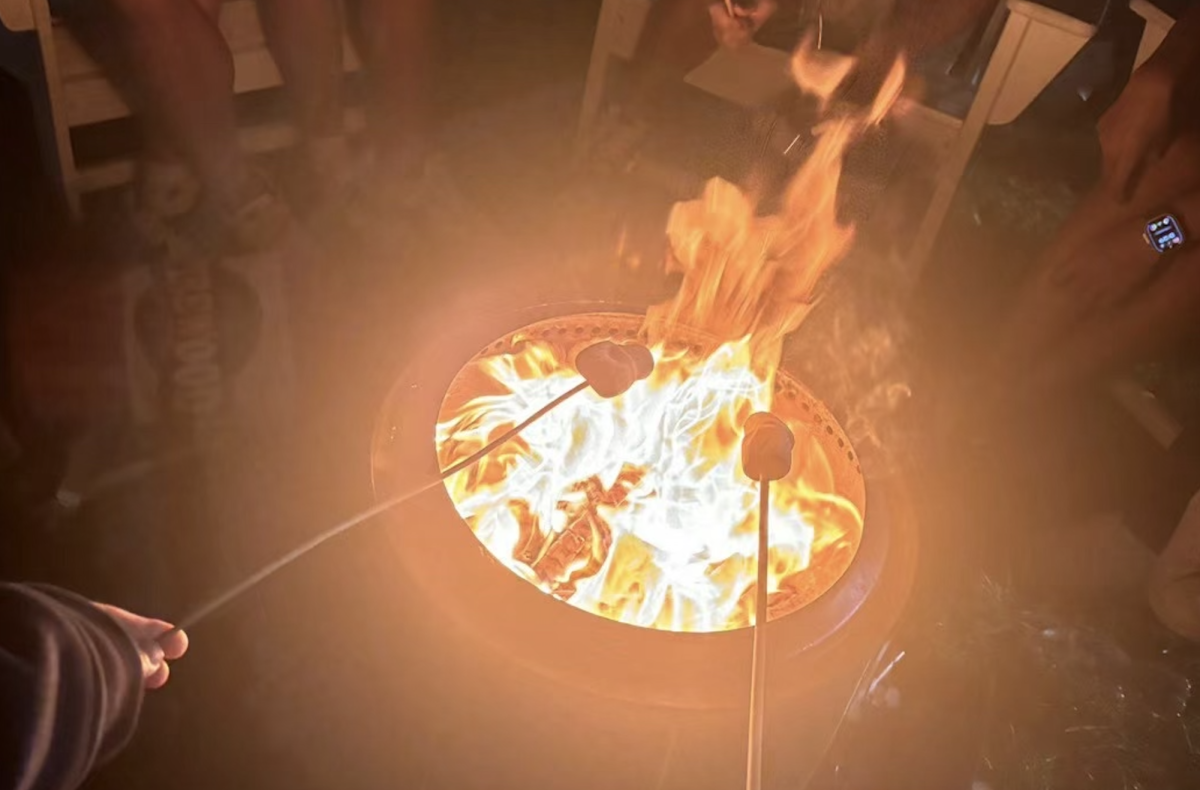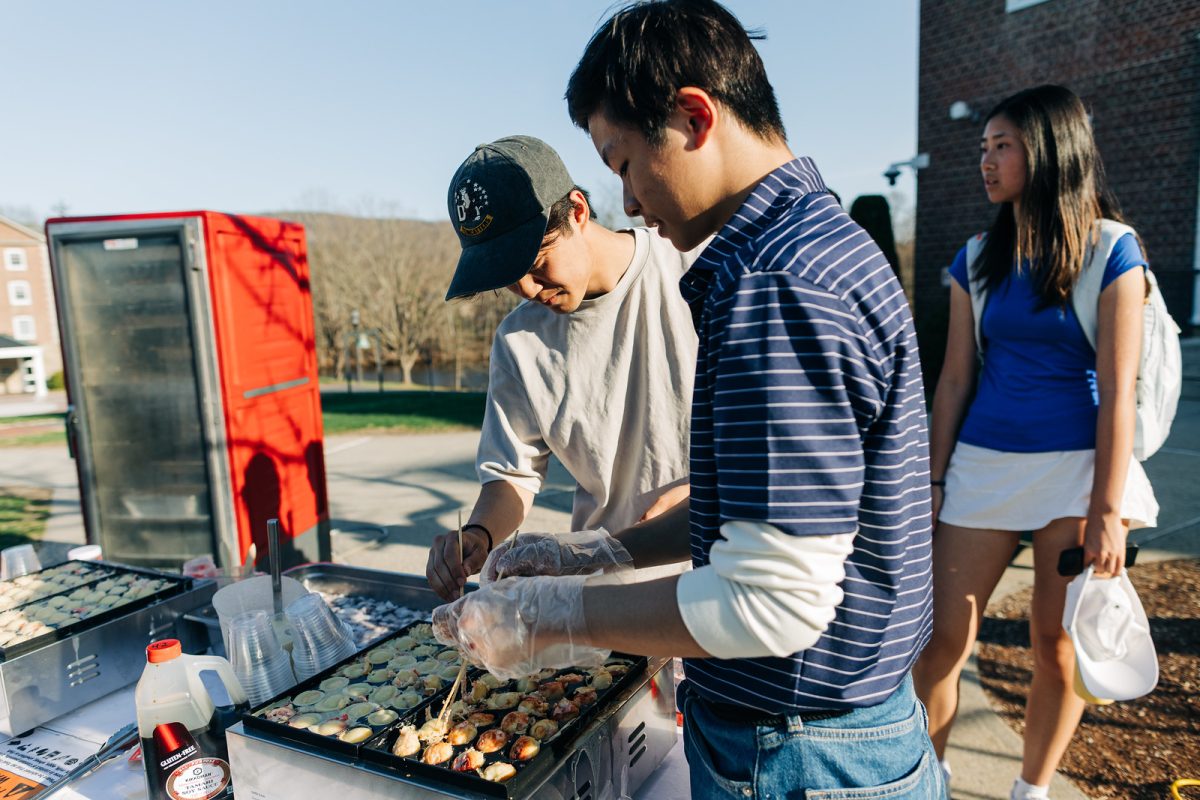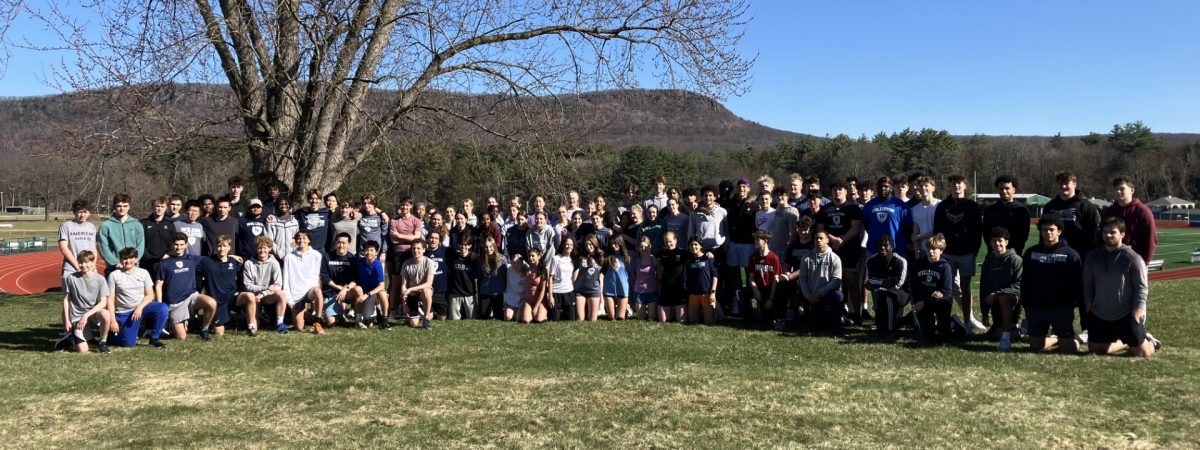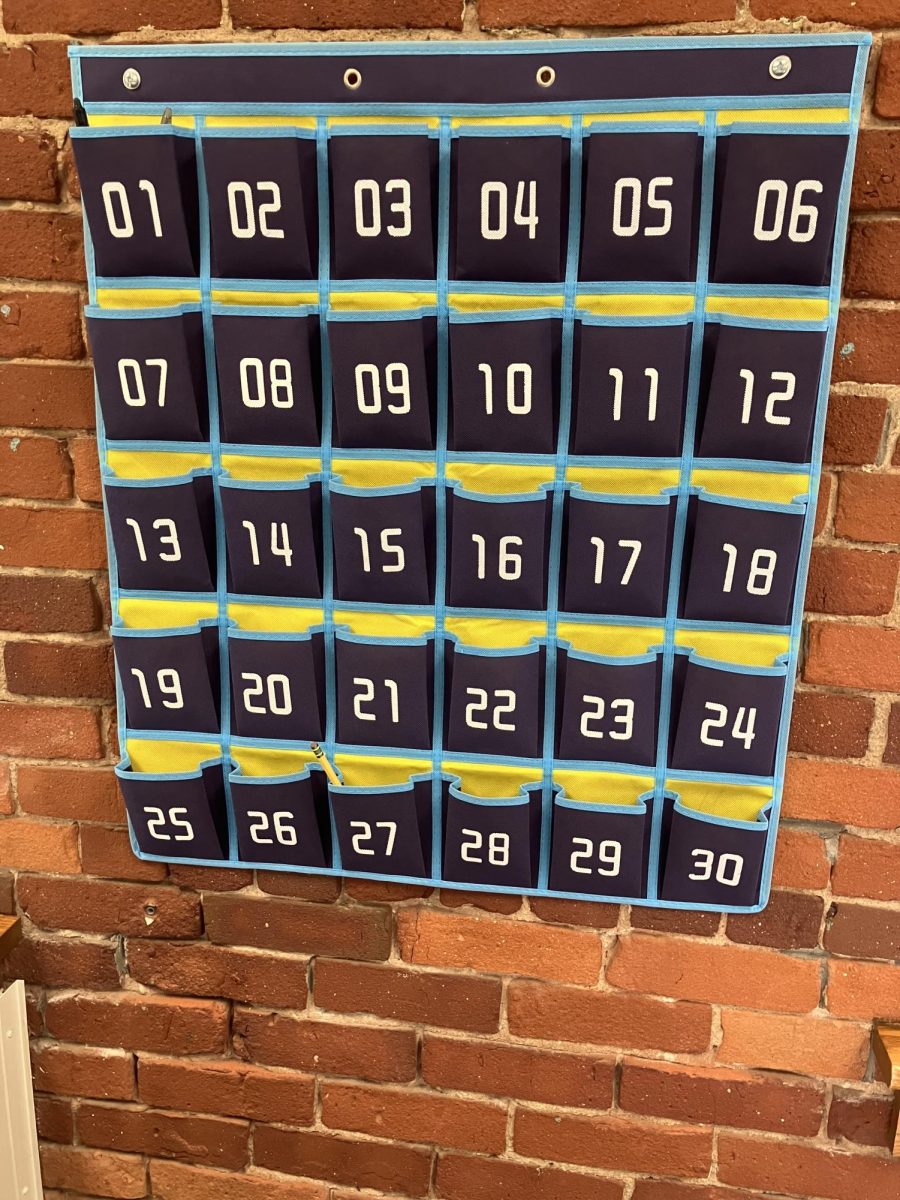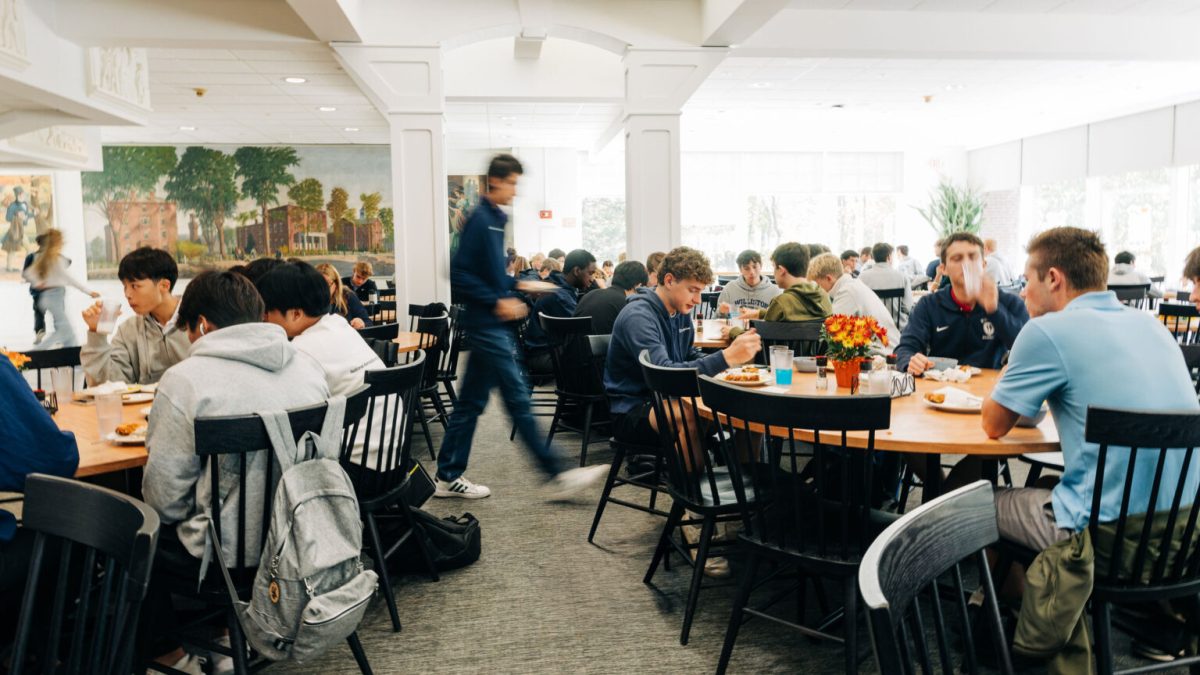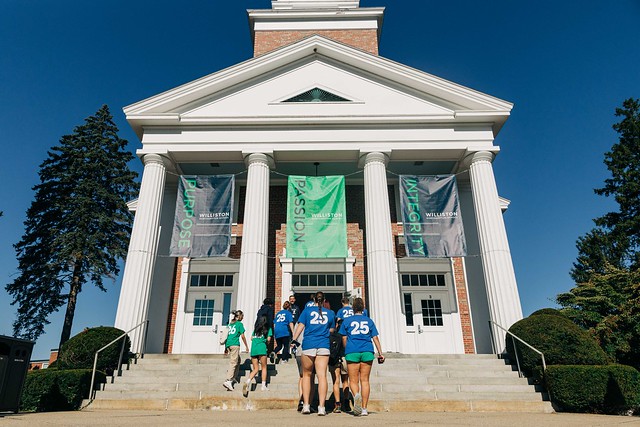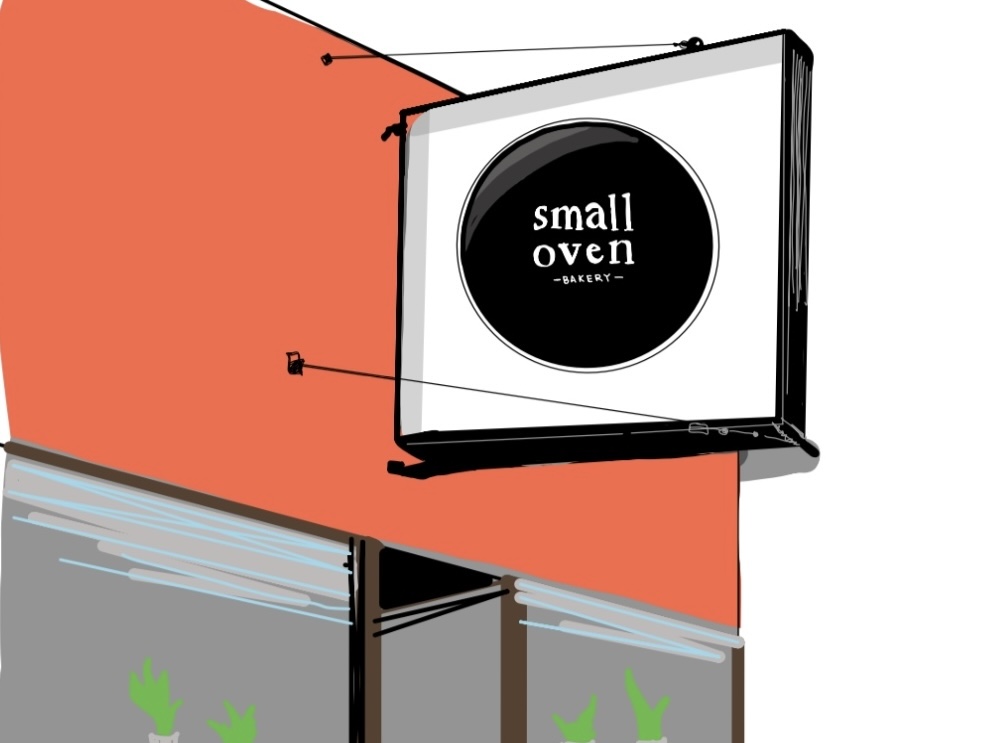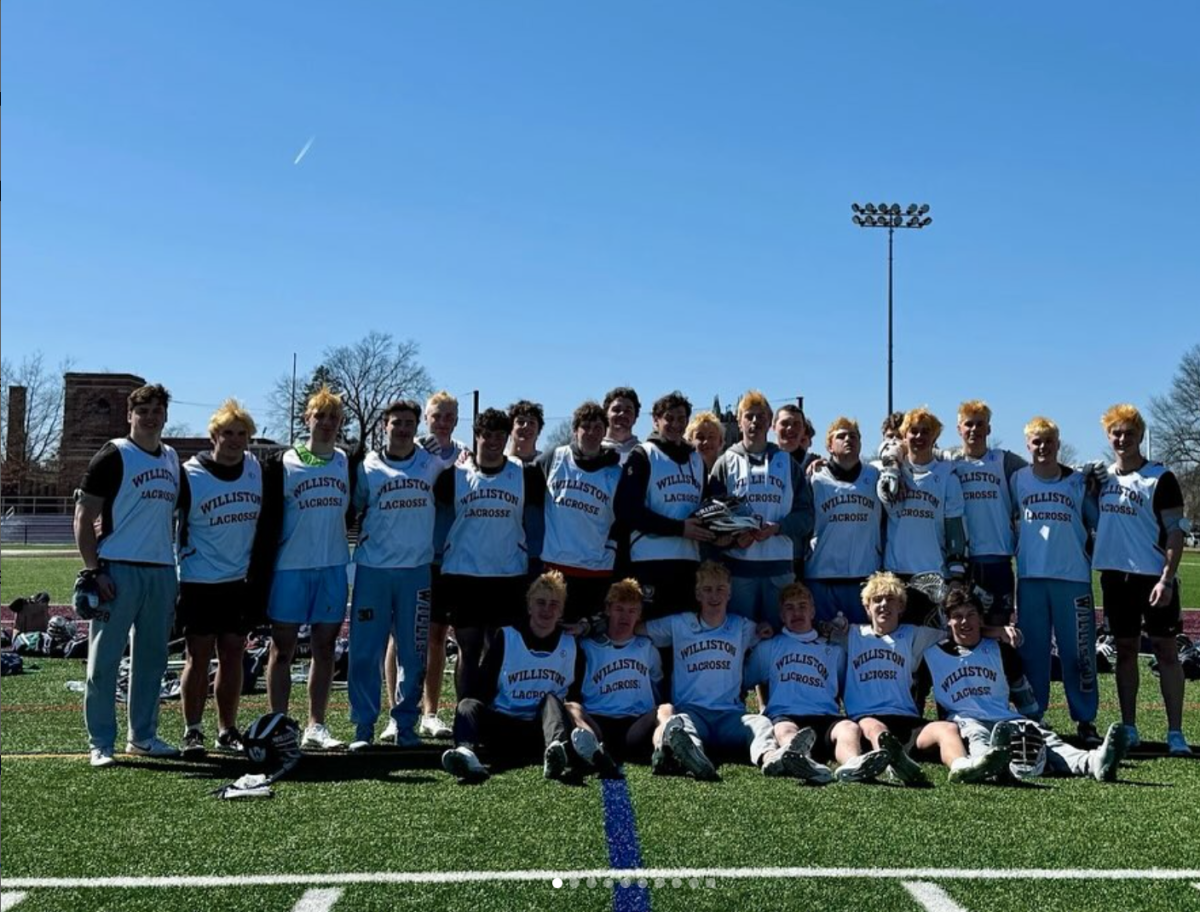Instead of the traditional English class, the Capstone Project is adding excitement to Senior Spring by allowing students to explore topics they are genuinely interested in.
The Senior English Capstone Project is a trimester-long research and writing project. It is designed to prepare students for the type of work they will be expected to do in college and higher education. The project allows students to choose a topic of their interest, and past topics have ranged from the impact of social media on high school students’ mental health to the role of wealth in youth sports success.
By the end of the trimester, seniors in standard English 12 must complete a 12-page research paper with a minimum of seven scholarly sources. They are also required to deliver a 3- to 5-minute presentation on their topic.
Luke Grabowski, a senior from Westfield, Mass., is diving into the topic of alternative fuels, such as hydrogen, for vehicles.
“I chose this topic because I am very familiar with cars,” Luke said. “I like cars and have worked on a lot of them.”
For Luke, the Capstone offers a unique opportunity to explore a subject he truly cares about.
“I would much rather do a project like the Capstone instead of a normal English class,” he said. “I think it makes the class much more engaging to learn about something I think is interesting rather than read a book that I might find boring.”
Beyond his interest, Luke is excited about the project’s real-world application.
“I also like that for the project, we are looking at real-world issues instead of analyzing made-up stories,” he said.
Luke is not the only senior excited about the Capstone Project. David An, a senior from Daegu, Korea, is enthusiastic for this opportunity.
“I am really excited for the Capstone, because it lets me focus on one subject that I am genuinely interested in rather than learning about a bunch of things that I don’t really care about,” he said.
For his project, David has chosen to focus on a topic that aligns with his interests and passions.
“My topic is how fashion trends evolve in the United States,” he said. “I chose this topic because I feel like there is fast fashion is such a trend now. It is so easy to make new brands, and there are a lot of dupes, especially on TikTok. So people buy a lot of clothes and then they thrown away those clothes. And I think a lot of time, they are not going to be recycled and that’s a lot of waste.”
Beyond the environmental impact, David is also concerned by the ethical implications of fast fashion.
“I really like art too and seeing people copying and making a lot of dupes makes me really sad, he said. “So it is kind of personal, and I really hate this trend because it takes away the work from the original artist.”
Soph DiTerlizzi, a senior from Amherst, Mass., is conducting her research on how climate change is impacting veterinary medicine.
“I want to do pre-vet in college, so I wanted to do something related to it,” Soph said. “I am learning new things that I didn’t know and I’m also able to see stuff I wouldn’t normally think of.”
Despite the excitement, Soph has also been having trouble finding a reliable source.
“I think getting multiple reliable sources because there’s a lot of sources that are kind of just random and not so reliable,” she said. “I am looking for sources that are good and reliable, and it’s kind of hard to find them. I have a few, but if [the paper] is going to be 12 pages, I definitely need more.”
Patrick Loftus, a Senior English teacher, is excited to see students’ independence in their project.
“What excites me most about the Capstone is the ownership that students assume with this project,” he said. “I have already seen a change in energy in the classroom, as students seem to be rejuvenated as we make the final push to the end of the year.”
Beyond their independence, Loftus is also amazed to see the wide range of topics students have chosen.
“Many of the topics excite me, and I look forward to learning more about many of the topics proposed by the students,” he said.
Loftus believes that the experience students can gain through the project is more than just an academic project, but a way to prepare students for their futures.
“By allowing students to explore a topic that interests them, I feel as though we really are beginning to prepare students for the next chapter of their lives, whatever that may be,” he said. “Students are encouraged in the early stages of this project to ask questions and explore potential solutions to problems related to their topic. With this in mind, students can obtain a deeper understanding of their topic while mastering a framework through which they can analyze just about any topic.”
Loftus advises students to embrace the challenges that come with the project.
“My advice to any student working on their Capstone is to accept that their projects may spark more questions than answers,” he said. “Some of the complex topics that students chose to explore will undoubtedly have some solutions to address them, but rarely do we have a simple answer to a complex problem. It is important for students to recognize that this project will likely offer additional opportunities for deeper analysis and research for them in the future.”
Loftus suggested meeting the weekly checkpoint, which so far have included an elevator pitch at the first week of the trimester and annotated bibliography with seven sources at the second week.
“Also, I advise everyone to stick to the deadlines,” he said. “Falling behind in this project will only make T3 more difficult!”





